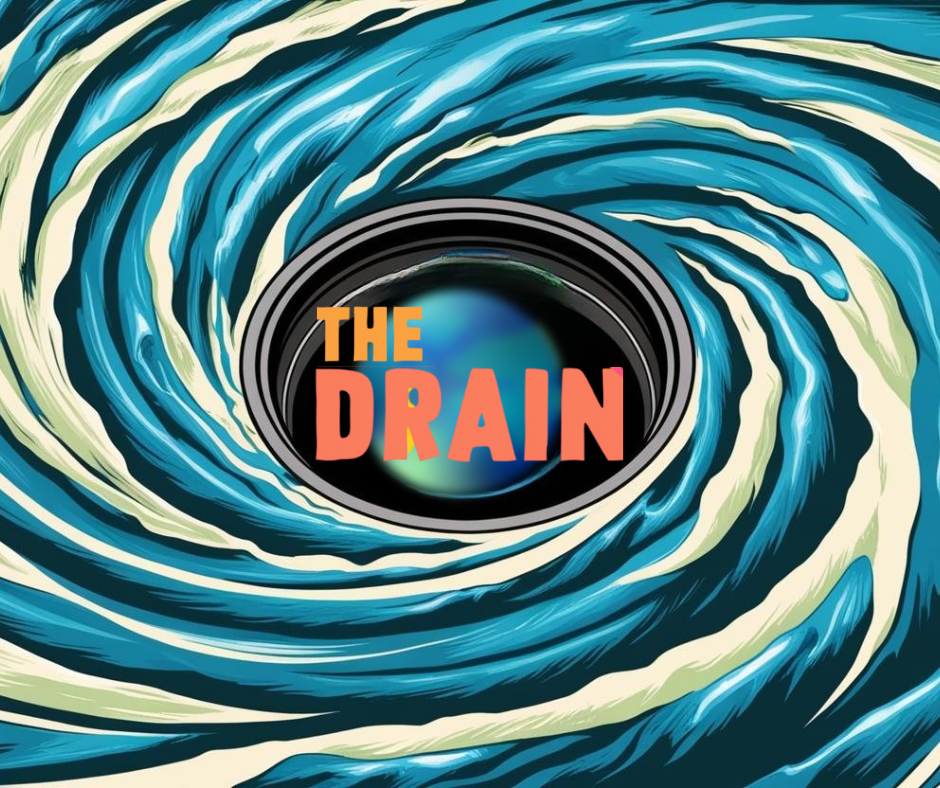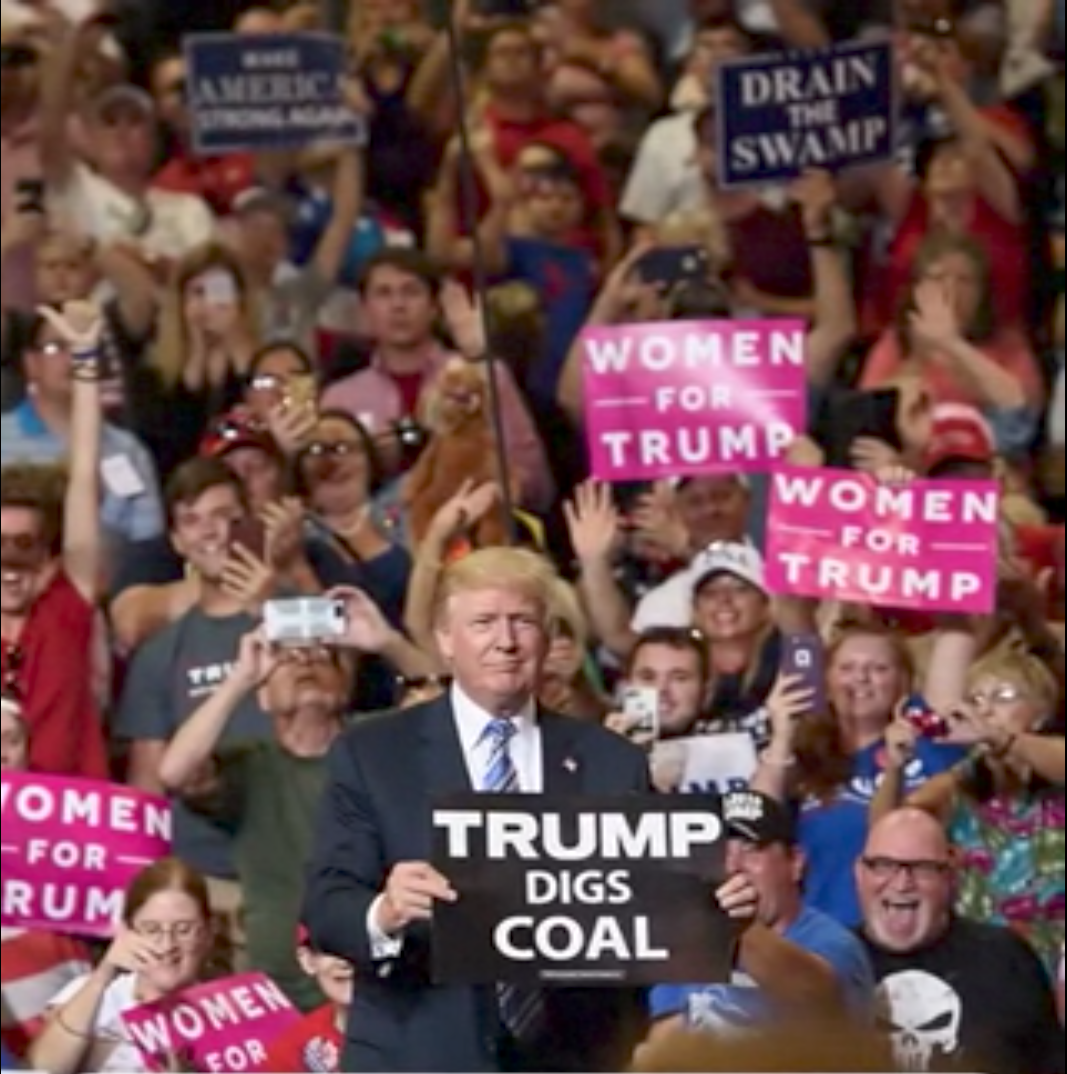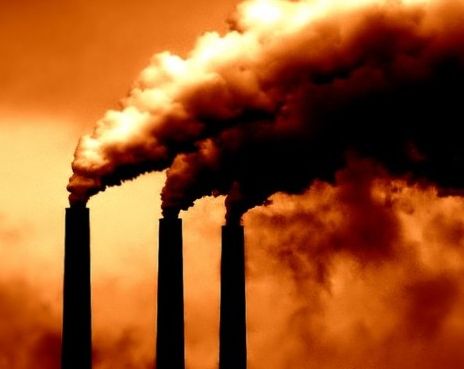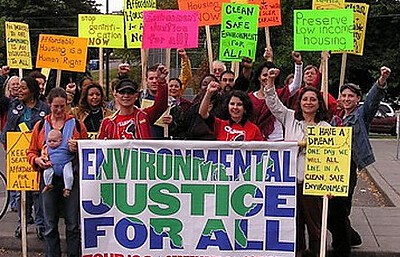Pollution & Health
The Trump Administration takes on the International Maritime Organization
Once again, the new US thumbs its nose at international consensus.
Despite its constant chaos, the Trump administration is at base quite consistent in its approach to both international law and climate change — it seeks to minimize international cooperation while maximizing greenhouse gas emissions. No surprise, then, that the Secretaries of State, Energy, Commerce and Transportation last month issued a joint statement critical of the …
Continue reading “The Trump Administration takes on the International Maritime Organization”
CONTINUE READINGHow to Dissent? Learn American History
The Drain is a weekly roundup of environmental and climate news from Legal Planet.
It sounds cliché, but when you face a crisis, it helps to remember times that you’ve overcome adversity. That’s the power of history. And it’s one of the reasons I think the new PBS documentary “Clearing the Air: The War on Smog” is crucial to share right now. In the 1940s, dark, smoky clouds crept …
Continue reading “How to Dissent? Learn American History”
CONTINUE READINGHow Methane Satellites Work and Why it Matters
This new UCLA Law report aims to help policymakers understand the science and utility of methane satellites.
These days, I’ll take progress on climate change where I can get it. And one place to look right now is up — literally. New satellites are providing never-before-seen data about global methane sources, helping policymakers, industry, and others target that superpollutant in new ways. Today, some colleagues at UCLA Law and I are releasing …
Continue reading “How Methane Satellites Work and Why it Matters”
CONTINUE READINGFrom Sacramento to Geneva: Two Arenas Tackle Plastic Pollution
California considers adding microplastics to its Candidate Chemical List as delegates negotiate a Global Binding Treaty on Plastics in Switzerland
Last Monday, the California Department of Toxic Substances Control (DTSC) closed its public comment period on a proposal to add microplastics to its Candidate Chemicals List. Adding microplastics to this list would allow the State’s Safer Consumer Product Program to evaluate potential Priority Products that may contain or release microplastics. The Program works to make …
Continue reading “From Sacramento to Geneva: Two Arenas Tackle Plastic Pollution”
CONTINUE READINGWhy is EPA at War with Its Own Employees?
The Drain is a weekly roundup of environmental and climate news from Legal Planet.
While many of us prepared to celebrate Independence Day last week, a group of employees from the Environmental Protection Agency were bravely speaking out about what they see as their boss “recklessly undermining the EPA mission” of protecting human health and the environment. In a now-infamous letter sent to EPA Administrator Lee Zeldin, hundreds of …
Continue reading “Why is EPA at War with Its Own Employees?”
CONTINUE READINGThe Emperor’s New Endangerment Theory (Wrap-Up)
Trump’s EPA says carbon emissions from U.S. power plants are too insignificant to regulate.
U.S. power plants emit 1.5 billion tons of carbon dioxide a year, a little less than the entire country of Russia. The Trump Administration is proposing to end all regulation of carbon emissions by power plants, on the theory that these emissions should be considered insignificant. They have some complicated legal arguments , but the arguments break down the more closely you look at them.
CONTINUE READINGThe Emperor’s New Endangerment Theory (Part II)
To justify a decision not to regulate CO2 from power plants, EPA had to twist statutory language beyond all recognition.
According to EPA, carbon emissions from the U.S. power sector are too insignificant to warrant regulation. This is a bizarre conclusion: U.S. power sector’s emissions are around 6.5 billion tons, just below Russia’s total emissions from all sectors. To reach this conclusion, EPA has proposed a novel reading of the Clean Air Act. In EPA’s view, before it could regulate those emissions, it would first have to make a formal finding that they “cause or significantly contribute” to climate change, and (2) that this has to be judged on the basis of the sector’s percentage of total global carbon emissions. The statute doesn’t say either of those things.
CONTINUE READINGThe Annihilation of Environmental Justice: A Timeline
Trump has spared no effort to ensure that the government ignores the needs of vulnerable communities.
Amid the daily onslaught of executive actions, the cumulative effect of these actions may escape notice. A case in point is environmental justice. It’s not just one or two dramatic actions: there has been a systematic war of elimination against protections for vulnerable communities. While initiated by Trump, the effort has included a ream of destructive follow-on actions. The best way to make the point is a chronological account.
CONTINUE READINGThe California Legislature Halftime Report
In a year defined by affordability and climate crises, several bills aimed to alleviate pressures on both fronts are advancing in the Legislature.
Thank you for joining me for the California Legislature Halftime Report, it is an exciting time of change with many updates to share. A new Senate President pro Tempore was just selected. I’m pleased to share that it is Senator Monique Limón (District 21), who I am personally pleased about this because she is my …
Continue reading “The California Legislature Halftime Report”
CONTINUE READINGWhy Do Heat Pumps Have a Bad Rap? Lies
The Drain is a weekly roundup of environmental and climate news from Legal Planet.
I just listened to dozens of people tell me that heat pumps don’t work, may cause homelessness, and can bankrupt small businesses. This was shocking news to me, in no small part because I’m currently in the process of installing a heat pump in my condo. Obviously, I don’t want to waste money, sleep on …
Continue reading “Why Do Heat Pumps Have a Bad Rap? Lies”
CONTINUE READING











